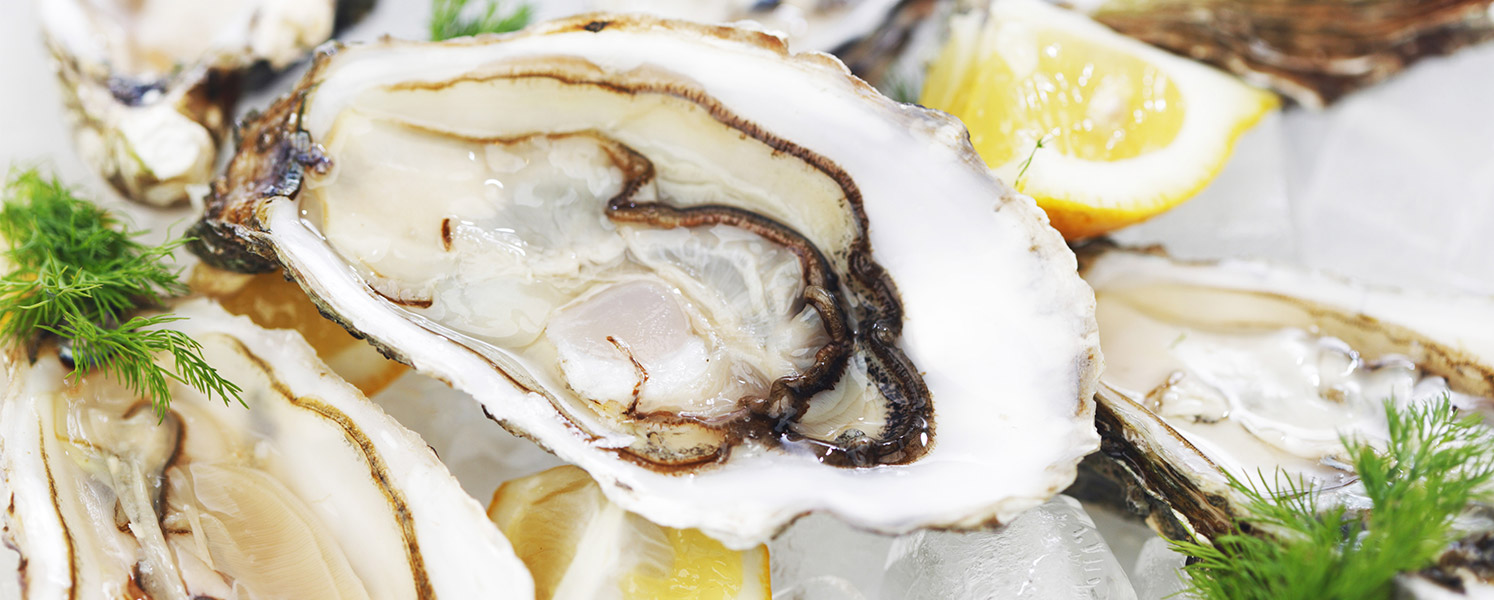Fertility
Did you know that what you eat in the month’s leading up to conception help to shape your baby’s future health? As well as drastically impacting your chances of conceiving?

Fast Facts
- Get pregnant faster the healthy way
- Consultations available in person or via Skype
- Medicare rebates available for those eligible
- Health Insurance rebates available for those eligible
- Join our free webinar to learn more about boosting your fertility
- See Melanie or one of her personally trained Accredited Practicing Dietitians
Improve Your Fertility
“I’m having trouble conceiving. Is there anything I can do to change that?”
Are you struggling to become pregnant and don’t know what to do? Don’t despair. Dietitian Melanie McGrice specialises in providing the nutritional and emotional support women like you need to lay the groundwork for a successful pregnancy.
If you’ve Googled ‘difficulties becoming pregnant’ before, you’ll already have a list of reasons women can’t get pregnant. But every woman is different, and the reasons she can’t get pregnant are also different.
Melanie is an Advanced Accredited Practising Dietitian with a Masters Degree in Dietetics. She brings a wealth of scientific knowledge and medical experience to her work. Her expertise in fertility, coupled with an easy-going relatable style, immediately puts people at ease during what can be a highly stressful time.
Causes of Infertility
What is infertility, exactly? Medically, it is defined as the inability to conceive a child after 12 months of unprotected sexual intercourse. Emotionally, it is defined as one of the most difficult challenges women can face.
Thankfully, we know much more about the leading causes of infertility today than we did even 10 years ago, though it’s still a very complicated condition. Infertility is most often due to one or more of these six factors:
- Sperm/egg production
- The structure or functionality of the male or female reproductive system
- Hormonal imbalance
- Immune system problems
- Thyroid disorders
- Weight
How to Reduce Infertility by Up To 80%
Customised weight-control programs, a regimen of nutritional supplements, and other diet-oriented therapies can be an important tool for becoming pregnant. Researchers at the Harvard School of Public Health found that by changing five or more aspects of a woman’s diet, women with irregular or absent ovulation, reduced their risk of infertility by 80%.
For many of our clients, working with Melanie on a natural approach to fertility is a welcome alternative to more invasive solutions. Rather than undergoing medical treatments, Melanie’s patients make nutrition choices that:
- Optimise fertility
- Help regulate ovulation cycles affected by weight
- Improve the health of a woman’s eggs
- Improve chances of becoming pregnant
- Improve the success of Assisted Reproduction Therapies
- Improve chances of bringing a baby to full term
- Improve chances of having a healthy baby
Melanie has the training to deal with any nutrition-related complications that can impact fertility, helping women avoid more dramatic interventions when possible.
How Weight Affects a Woman’s Fertility
Even though weight isn’t the only factor in a successful pregnancy, insufficient or excess weight in both men and women is a significant contributing factor in reducing fertility. The connection between weight and fertility is well documented with irrefutable scientific evidence. Research shows that: for every BMI point above 29, fertility decreases by 4%.
Some clients who visit Melanie need to gain weight, some need to lose weight. Excess weight can impact our hormones and cause insulin resistance which impacts oestrogen levels. Over the past two decades, fertility problems have increased dramatically around the world along with the growing problem of obesity. Here in Australia,
- 2 in 3 adults are overweight or obese
- 1 in 6 couples experience fertility problems
Using her skills as a diagnostician, Melanie assesses a woman’s body fat in order to determine how much she needs to lose or gain. Melanie’s training in nutrition enables her to help women of all sizes improve their chances of becoming pregnant.
Join Melanie’s 8 Step Fertility Booster program
Your diet in the months leading up to conception will impact upon your child’s future health. If you’re planning to have a baby, join ‘Melanie’s 8 Step Fertility Booster’. You’ll learn:
- Key foods to include in your diet to optimise fertility
- How your diet now will impact your baby’s future health
- Foods to avoid
- How your weight impacts your estrogen levels
- Which nutritional supplements you should be taking
What’s Next?
The first step towards a healthy pregnancy is to join our free webinar on optimising your fertility.
If you still require further assistance, contact our office to make an appointment.
During your consultation, Melanie will demystify the confusing world of nutrition and dietary supplements and how they affect your fertility. With her guidance, you can create an individual plan designed to:
- Support egg health
- Optimise the chances of conception
- Reduce the risk of miscarriage
- Minimise the time it takes to conceive
- Create the healthiest possible environment for a baby’s development
FAQ’s
These are the top questions on the mind of mothers-to be that visit our nutrition and fertility office in Melbourne.
How much weight do I need to lose to improve fertility?
Depending on what your weight and health is like to start with, studies show that losing as little as 5% of body weight can improve your fertility. Your dietitian can assess your body composition and make recommendations for healthy weight loss or gain, as necessary.
Does age affect my fertility?
Age is a key factor in fertility. A woman’s fertility begins to decline in her early 30’s, related primarily to hormone production. By 40, she only has a 5% chance of becoming pregnant during any given cycle. That being said, nutritional and other therapies can minimise the effects of ageing. As men age, the volume and mobility of sperm decreases, making it more difficult for them to impregnate their partner.
Are there foods I should avoid to improve fertility?
Women should decrease their intake of sugar and processed foods, and may want to limit their intake of coffee and alcohol. Whilst, men need to stay away from bacon, processed meats, sausages, and other foods high in saturated fats, as a high-saturated fat diet leads to poor sperm health.
Are there any specific nutrients I need to improve fertility and avoid problems?
The short answer is yes. The longer answer is, “What you need depends on you.” An experienced dietitian like Melanie McGrice will do a thorough work-up on you and your health to create a customised eating plan tailored to your specific needs.
Do my partner and I need supplements to assist our fertility?
In a perfect world, all the vitamins and minerals we need for good fertility would come to us from the food we eat. Unfortunately, our world is far from perfect. A pre-natal multi-vitamin is the first step in nutritional supplements, but you shouldn’t automatically take additional supplements unless you know you have a specific deficiency. It’s wise to talk with Melanie to determine which nutrients you lack and whether you should get them from food or supplements.
Is there anything I can eat to help regulate my menstrual cycles?
Hormones regulate your menstrual cycle, and the ability to ovulate or produce an egg. Oestrogen, luteinising hormone, follicle stimulating hormone, gonadotropin releasing hormone and progesterone all dance in a finely tuned choreography to create the right environment for conception. About 30% of infertility is thought to be caused by oestrogen imbalance, which can be improved by a diet rich in phytoestrogens found in foods such as chickpeas, and alfalfa sprouts. The first step is to consult a specialist to determine the cause of the irregular periods.
Where can I find out more about how to optimise my fertility?
Register for Melanie’s 8 step fertility booster program. You’ll learn loads of practical dietary tips on how to optimise your fertility to have a healthy baby.
As seen in







Get nutritious recipes
straight into your inbox!
Send your details now to receive Melanie’s recipes designed around a range of dietary needs including improved fertility, weight loss, general heath and wellbeing through improved nutrition. Receive the recipes specific to your needs.

